Rome (Italy). 20 February 2024, marks the World Day of Social Justice, established by the United Nations General Assembly and celebrated for the first time in 2009, to support the commitment of the international community and sensitize institutions and public opinion towards situations of social injustice – especially towards the most disadvantaged groups – to seek strategies to remedy it and to support the need to build more just and equitable societies. Social justice presupposes equity towards everyone and everything.
In the book of the prophet Isaiah, God calls His people to responsibility rather than to religious rites. “Is this rather the fast I want: to loosen the iniquitous chains, to remove the bonds of the yoke, to set the oppressed free, and to break every yoke?” (Is 58:6). Pope Francis, speaking of social justice, recalls the concept of solidarity with the commitment to “include, integrate and lift those who have fallen.” He specifies that “those who do justice are just. Just, knowing that, when resolving in law, we give the poor the indispensable things; we do not give them our things, nor those of third parties, but we give them back what is theirs. We have often lost this idea of returning what belongs to them.”
In the Constitutions of the Institute of the Daughters of Mary Help of Christians the FMA Communities are urged “to be open to the needs of the Church and attentive to the hopes and expectations of the poor,” “the responsibility to cultivate the sense of solidarity and of social justice according to the teachings of the Church” (Cost. 26).
The celebration of the World Day of Social Justice is an opportunity to make all people aware of issues of social interest. It also becomes an advocacy tool to raise public awareness of the many social issues in the world that do not receive proper attention. Despite the progress made, there are still various forms of injustice that prevent millions of people from using their just rights to live a dignified human life. Among the most urgent social problems are poverty, discrimination, war, forced migration due to climate change, gender inequality, unemployment, lack of access to good health care, a home, quality education, etc.
As US activist Marian Wright Edelman states, “The challenge of social justice is to evoke a sense of community that we need to make our nation a better place, just as we make it a safer place.”
Since the poorest, especially the young, and the less fortunate categories of society are the preferential option for the Daughters of Mary Help of Christians, all educational environments and communities try to do their best to promote social justice for all.
The FMA of the Korean Morning Star Province (KOR) share their experience in favor of social justice and the promotion of human dignity for the less privileged groups of society.
Every first and third Friday of the month, the FMA, together with lay collaborators, meet the poor on the street, sharing with them the good news of the Gospel, distributing food and other basic necessities to them.
Every second Friday of the month, together with the religious of the Association of Major Superiors of Korea and the lay collaborators of the Korean Catholic Action Group for Climate (Movement Laudato Si’), they clean Gwanghwamun Square, a historical and cultural street of Seoul. Their commitment to maintaining and making the place welcoming for people is a true service to the population and the Nation.
The FMA also actively participate in the organization of different events to raise awareness of various forms of social injustice. Twice a year, the religious group of the Association of Major Superiors of Korea organizes a “Pilgrimage for Life and Peace” to oppose the production of electricity from coal and support the laws to end nuclear energy and the use of fossil fuels. They also continue to promote fair wages and human rights for irregular workers. They seek to live faithfully their identity as consecrated women to promote peace, ecological and social justice, thus strengthening integral ecological spirituality.
Through various fundraising activities, the KOR Province also engages in solidarity with certain war zones. Every first Monday of the month, members of the Justice, Peace, and Integrity of Creation (GPIC) group organize moments of prayer for peace in the world, so that the major conflicts may cease. They do so through an online prayer with the female religious group of the Association of Major Superiors of Korea, which is joined by many FMA communities and civil groups.
Attention to social justice requires defending the dignity of people and striving to eradicate the causes of injustice in all its forms, first of all by doing good, as Sacred Scripture exhorts: “Learn to do good, seek justice, help the oppressed, do justice to the orphan, defend the cause of the widow” (Isaiah 1:17).
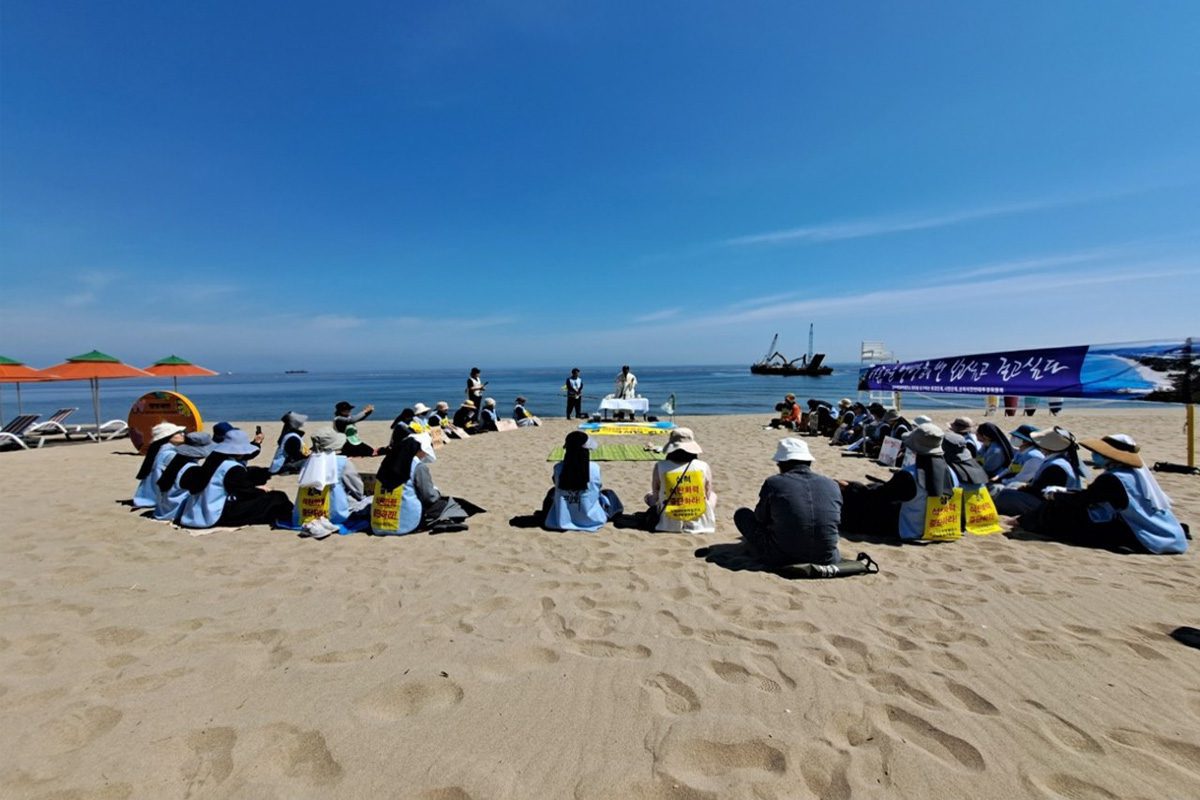
Attraverso varie attività di raccolta fondi, l’Ispettoria KOR si impegna anche nella solidarietà verso alcune zone di guerra. Ogni primo lunedì del mese, i membri del gruppo Giustizia, Pace e Integrità del Creato (GPIC) organizzano momenti di preghiera per la pace nel mondo, perché cessino i maggiori conflitti. Lo fanno attraverso una preghiera online con il gruppo religioso femminile dell’Associazione delle Superiore Maggiori della Corea, a cui si uniscono molte Comunità FMA e gruppi civili.
L’attenzione alla giustizia sociale richiede di difendere la dignità delle persone e di impegnarsi per sradicare le cause dell’ingiustizia in tutte le sue forme, prima di tutto facendo il bene, come esorta la Sacra Scrittura: “Imparate a fare il bene, cercate la giustizia, soccorrete l’oppresso, rendete giustizia all’orfano, difendete la causa della vedova” (Isaia 1,17).
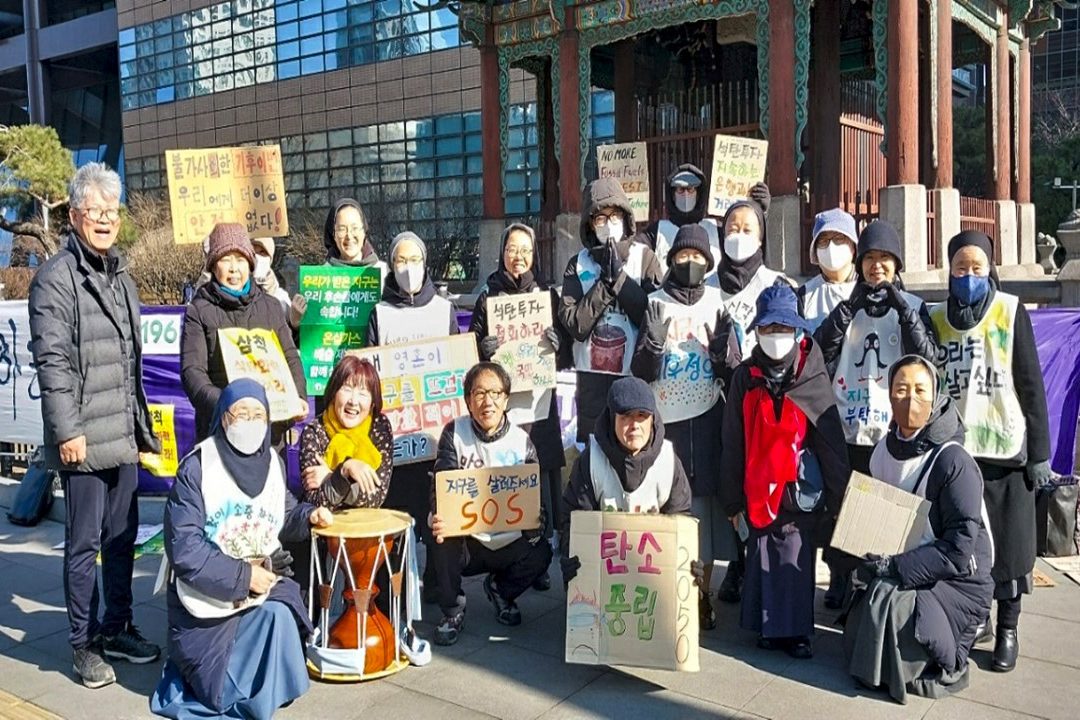


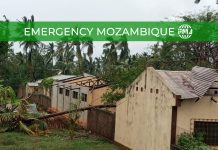
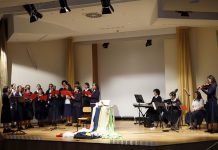
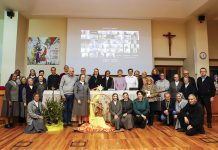

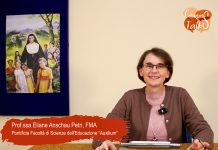

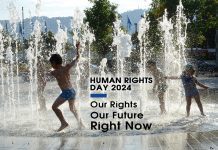
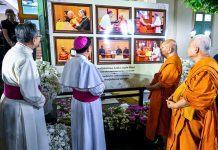
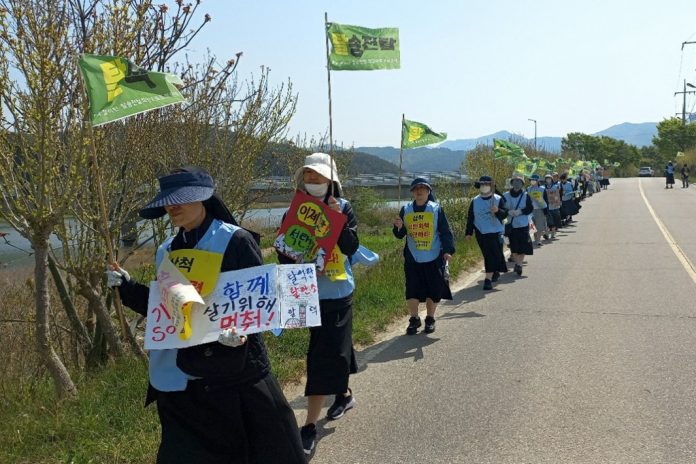









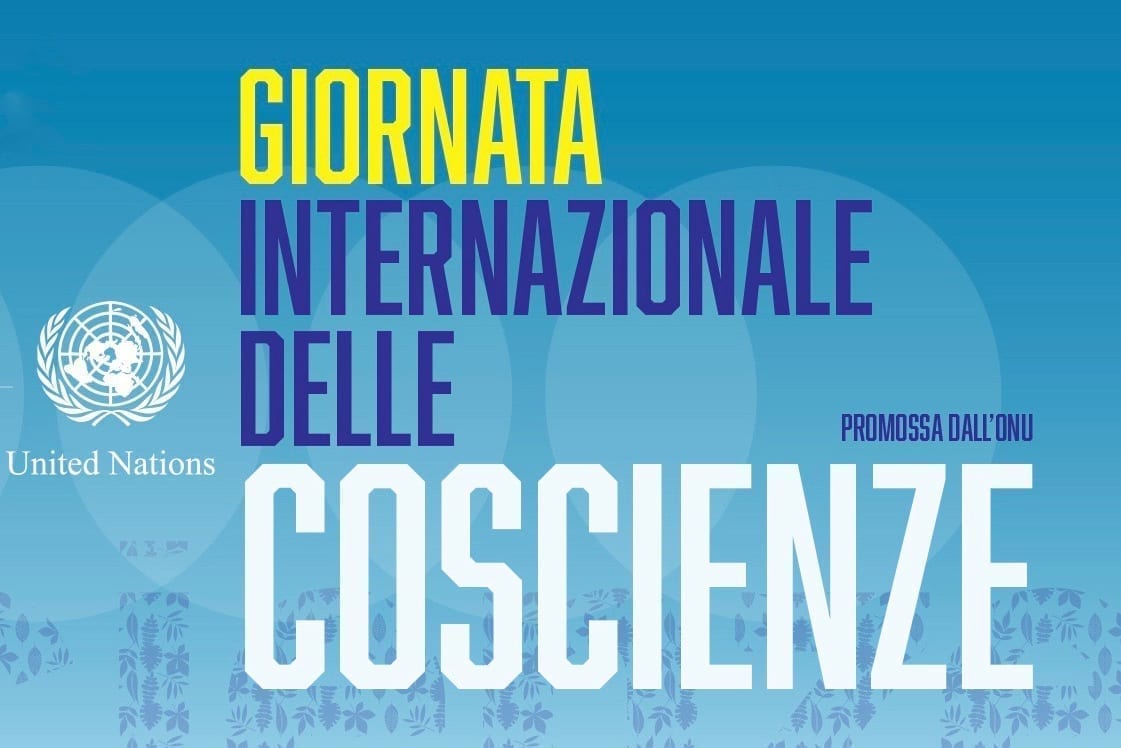
Beate voi che camminate lungo sentieri di pace. Beati voi giovani e adulti che vi unite nella costruzione di pace e giustizia. Il Signore della Pace sia con voi.